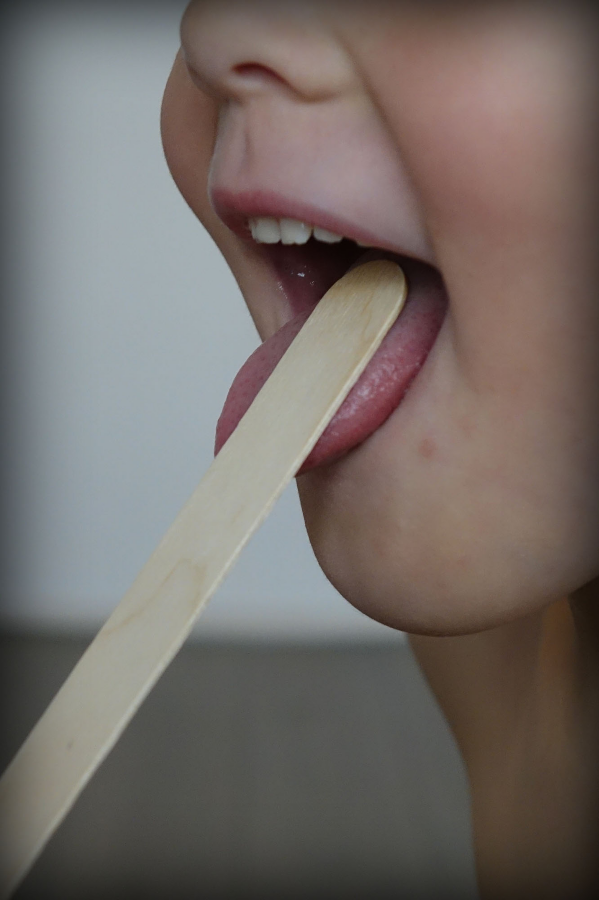
Cold sores are small, red, painful blisters on the edge of lips, or inside the mouth. Cold sores may appear one at a time, or they can appear in small bunches. These sores are filled with fluid that scab over before they fade away. They can last up to two weeks, and usually do not require special treatment.
Cold sores are often referred to as fever blisters, though a fever is not needed to develop them. You also do not have to have a cold to get one, either.
Canker sores are not to be confused with cold sores. Canker sores are small, white sores that will always be found inside the mouth.
Cold sores are caused by one of the most common viral infections in the word, herpes(HUR-peez). The specific name for cold sores is herpes simplex.
When it comes to the herpes simplex infection, it is best to understand more about it. There are two types of this infect. The first is, Herpes Simplex Virus One, HSV-1. The second is, Herpes Simplex Virus Two, HSV-2. Both of these viruses may cause sores around the more, but most are due to HSV-1.
HSV-1 is very common, and most Americans who are infected never show any symptoms. HSV-1 is easily contracted by kissing, sharings a drink, or sharing utensils with a person who has a cold sore. If you look at it this way, it is easy to understand why there are so many people infected with cold sores.
When a kid becomes infected with HSV-1, they may have the occasional cold sore for the rest of their lives. Even when the sore dries up and fades, the virus is still active on the body. When there another flare up, the sore will most likely appear in the same place.
Even though HSV-1 isn’t very serious, it is best to try to prevent cold sores from being transmitted. If you are aware that someone has a cold sore, or symptoms of a flare up, do not kiss, drink after, or share utensils. Keep in mind that the virus is able to survive in fabric, so sharing napkins, towels, or washcloths should be advised against.
If you have ever experienced a cold sore, it can be difficult to pinpoint what may cause a flare up. With some kids, too much stress, time in the sun, or getting sick causes a cold sore to appear again. Having a healthy diet with proper rest, and learning how to manage stress are very important for all kids. This is even more so important for kids who are likely to develop cold sores.
If you know you are going to be out in the sun, lip balm and sunscreen can help prevent sores from appearing.
Usually cold sores will fade on their own. No special treatment is needed from a doctor. If you do notice a cold sore appearing, icing the sore may help. If this is difficult to do with a child, try having them eat a popsicle.
There are times where a cold sore can make a child sick. When this happens a doctor may prescribe medication that will help fight the herpes simplex virus. If a sore is painful, some kids can take acetaminophen or ibuprofen. Before administering either one of these, speak with your pediatrician.
It is never a good idea to pick at a cold sore. When you pick at it, you are interrupting the healing process, and helping the virus spread. Remember to wash your hand regularly to prevent spreading the virus. Keep in mind it is possible to spread the virus to other areas of your body like your eyes or fingers. Even worse, you can easily spread the virus to another person.
If you have questions about your child’s oral health, give MacKoul Pediatrics a call at 239-573-2001 to schedule an appointment with your local Cape Coral pediatrician.
MacKoul Pediatrics is an amazing local pediatrics office in Cape Coral, FL where caring, compassionate doctors and nurses work with you to keep your children as healthy as possible. MacKoul cares for children from birth to college age, from Cape Coral, Fort Myers, Naples, and beyond.
February 24, 2017

![[IMAGE]](http://static.mackoulpediatrics.com/images/858_ncqa_logo_centered.png)
